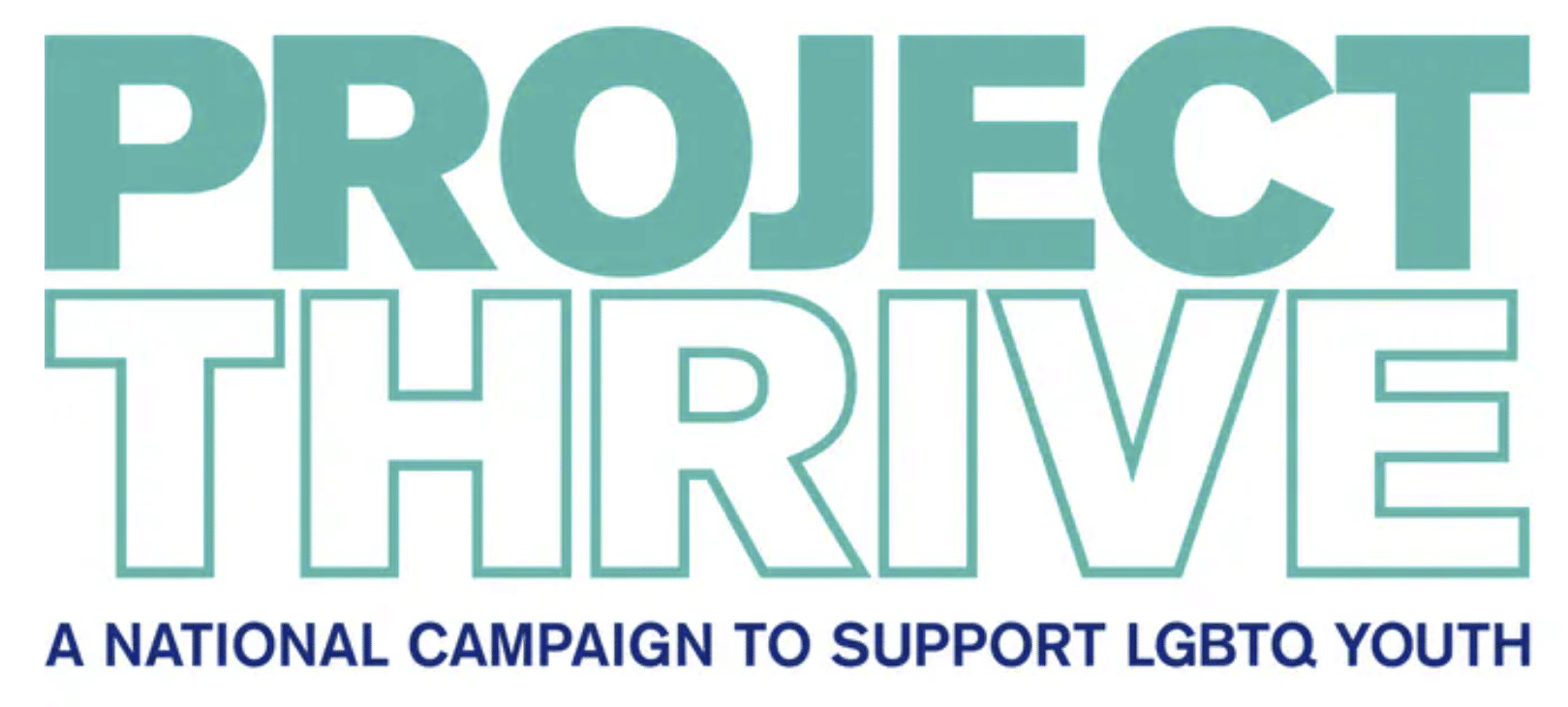17 May2021
By Makenzie Kenny
This article originally appeared on KOMU 8 and is reprinted with permission.
Education programs across the country were presented with unforeseen challenges during the pandemic, in a career field that is already difficult to recruit for.
Despite these challenges, the University of Missouri’s program has not seen any impact on their enrollment numbers from the pandemic.
A survey conducted by the American Association of Colleges for Teacher Education found that 19% of undergraduate-level and 11% of graduate-level teaching programs saw a significant drop in enrollment this year, according to the New York Times.
Associate Dean for Student Success and Academic Affairs and Professor John Lannin said this is because of intentional outreach to prospective students.
16 May2021
By Jane E. West
This blog post is written by AACTE consultant Jane West and is intended to provide updated information. The views expressed in this post do not necessarily reflect the views of AACTE.
 President’s Detailed Budget to be Released May 27
President’s Detailed Budget to be Released May 27
President Biden will release his full FY 2022 funding proposal on May 27. In April, he released a budget framework (often called a “skinny budget, though there is nothing “skinny” about the numbers in it), a $1.5 trillion proposal that provided the rough contours of his vision for $753 billion in defense spending and $769 billion in non-defense discretionary spending. The proposal in the “skinny” budget represents a 41% increase in spending to the Department of Education—the largest increase since the Department’s inception in 1979. The full budget proposal will include more details on proposed funding levels for specific programs.
16 May2021
By Maria Salciccioli and Gretchen Mills

Prepared to Teach and WestEd have partnered on the Sustainability Project, a series of reports and interactive tools to support high-quality, financially sustainable teacher preparation. Three reports are being released this week through that project. Two are co-authored by Prepared to Teach and WestEd—Beyond Tuition, Costs of Teacher Preparation, and Going Further Together: Building Ownership and Engagement to Support High-Quality Teacher Preparation. The co-authored papers are being released simultaneously with a third piece authored by Prepared to Teach – Dollars and Sense: Federal Investments in Our Educator Workforce.
AACTE members know that aspiring teachers need high-quality, affordable options for teacher preparation—and research has shown that when candidates from diverse backgrounds have access to excellent programs, everyone benefits. Graduates of these programs stay in the classroom for longer and are more well-prepared than their peers who become teachers through faster, less rigorous pathways to the classroom.[1]
14 May2021
By Meghan Grenda

According to many 2021 travel trend reports, some pandemic-era habits from last year show no signs of slowing down. Most will continue to travel domestically, take road trips, explore small towns, and take scenic drives to nearby lakes, beaches, and explore the great outdoors. With 59% of families reporting that they are more likely to drive instead of fly, 2021 will be another year filled with road trips.
Plan your next getaway and enjoy the open road with deals from AACTE’s Avis and Budget Car Rental Savings Program. As an AACTE member, you can save up to 30% off the base rates on every rental, plus receive additional offers, such as dollars off, a complimentary upgrade, or a free weekend day.
14 May2021
By NAPDS
As a member of the National Coalition of Educators, AACTE announces the release of the second edition of What it Means to be a Professional Development School: Nine Essentials, published by fellow member coalition member, the National Association for Professional Development Schools (NAPDS). AACTE shares NAPDS’s goal to support high quality teacher education through effective professional development and are looking forward to collaborating with them on projects aimed at achieving that goal.
The National Association for Professional Development Schools (NAPDS) recently announced the publication of its policy statement, What it Means to be a Professional Development School (PDS): The Nine Essentials (2nd Edition), a culmination of several years’ worth of work by the association’s Nine Essentials Committee. The committee worked to identify the relevance of the essentials, which were originally published in 2008, and how they are used in the field by schools of education and P-12 schools. The document brings to light an updated and robust version of the Nine Essentials grounded in key concepts and educational research.
14 May2021
By Nicole Dunn
 AACTE is honored to share that it has joined the leaders from the nation’s largest health, education, child welfare, legal, and juvenile justice organizations in support of the Human Rights Campaign’s Project THRIVE, a multi-year national campaign to create more equitable, inclusive support systems and communities for LGBTQ youth. The initiative will build the skills and capacities of all youth-serving professionals to better meet the needs of LGBTQ young people.
AACTE is honored to share that it has joined the leaders from the nation’s largest health, education, child welfare, legal, and juvenile justice organizations in support of the Human Rights Campaign’s Project THRIVE, a multi-year national campaign to create more equitable, inclusive support systems and communities for LGBTQ youth. The initiative will build the skills and capacities of all youth-serving professionals to better meet the needs of LGBTQ young people.
Every organization that is part of Project THRIVE has a unique role to play in strengthening family permanence and support, improving health and well-being, increasing school connection, and building a foundation of resilience so that all LGBTQ youth can thrive. Project THRIVE is committed to an intersectional approach in this work, and to ensuring that LGBTQ youth of color and those who are system-involved or have a history of homelessness are a priority focus.
14 May2021
By Leslie Ekpe
 Congratulations to Ariela Martinez, Holmes Scholar of the Month for May 2021. Martinez is currently pursuing an Ed.D. in higher education leadership at Texas Christian University (TCU) in Fort Worth, TX. Her research interests examine enhancing undocumented and Deferred Action for Childhood Arrivals (DACA) student college success.
Congratulations to Ariela Martinez, Holmes Scholar of the Month for May 2021. Martinez is currently pursuing an Ed.D. in higher education leadership at Texas Christian University (TCU) in Fort Worth, TX. Her research interests examine enhancing undocumented and Deferred Action for Childhood Arrivals (DACA) student college success.
Prior to pursuing her doctoral studies, Martinez was a college access and higher education professional who served students from diverse academic, socioeconomic, and cultural backgrounds at the high school and collegiate levels. She has held professional titles that include TRiO Student Support Services Lead Ambassador, College Adviser via TCU College Advising Corps, Success Coach at Tarrant County College (TCC), and Senior Transfer Admission Counselor and adjunct instructor at TCU. Martinez earned her associate degree from TCC and her B.S. and M.Ed. degrees from TCU. As a critical scholar, her research interests center on issues of educational equity in higher education for minoritized students.
13 May2021
By Michael Rose
To effectively amplify the voice of members to policy makers to better help them understand what is happening in the field and offer sound policy recommendations, AACTE partners with other organizations to highlight the importance of certain issues.
For example, AACTE is a member of the Committee for Education Funding (CEF). CEF was founded in 1969 with the goal of achieving adequate federal financial support for our nation’s educational system. The coalition is a voluntary, nonprofit, and nonpartisan group. AACTE is one of more than 100 member organizations that represent the full spectrum of education—early childhood education, elementary and secondary education, higher education, adult and career education, and educational enhancements such as libraries and museums. CEF’s current campaign is “5 Cents Makes Sense,” which calls for 5 cents of every federal dollar to be spent on education. The campaign’s official hashtag is #5Cents4EdFunding.
12 May2021
By Anne Tapp Jaksa, Beth Kubitskey and Christine C. Gorowara

One value of being a member of AACTE is the national advocacy for the profession and information about federal regulations influencing the field. What does not go unnoticed is the need and priority of work at the state level. The state level ACTEs provide a space for influencing state policies that ultimately guide the profession. AACTE values these essential contributions, and recognizes the value of this work as also informing advocacy going forward. A third, and critical, addition to this professional triumvirate is AACTE’s Advisory Council of State Representatives (ACSR) community, which serves as a collaborative network of State chapters. ACSR provides a place to share common issues, goals, events, white papers, advocacy tips, etc. at the regional level during monthly meetings. This serves each state well as our shared goal is to serve our students, pre- and in-service teachers and leaders, which is tertiary to our desire to prepare quality teachers and leaders for today’s and tomorrow’s P-12 children. Here we share a brief snippet of some of the contributions of ACSR.
12 May2021
By Ward Cummings
 The Ohio Deans Compact on Exceptional Children has a mission to act collectively in support of improved learning and results for all children, but especially those from marginalized groups. Compact serves as a forum for shared learning and collective action. Due to its efforts, critical connections have been made within and outside the state through representation from key stakeholder groups, including the members of Ohio Association of Colleges for Teacher Education and AACTE.
The Ohio Deans Compact on Exceptional Children has a mission to act collectively in support of improved learning and results for all children, but especially those from marginalized groups. Compact serves as a forum for shared learning and collective action. Due to its efforts, critical connections have been made within and outside the state through representation from key stakeholder groups, including the members of Ohio Association of Colleges for Teacher Education and AACTE.
The 30-member organization meets quarterly and is comprised of leaders from the Ohio Department of Education and the Ohio Department of Higher Education (ODHE). Compact members participate on one of four standing committees (Dissemination, Impact Evaluation, Low Incidence, Policy). Institutions that are awarded incentive grants through the Compact participate in a facilitated community of practice (CoP), which serves as a peer-to-peer network for representatives from public and private institutions.
12 May2021
By Meghan Grenda
AACTE recently launched its new online community—
Connect360. Connect360 is an engaging and interactive virtual platform that brings together AACTE’s community in an exciting way. Members can begin discussions, ask questions of fellow AACTE members, provide insight on other’s posts, and share best practices.
In recent discussions, members shared on the Connect360 Open Forum how they are dealing with shrinking budgets and what steps they are taking to assure their programs continue to receive the resources needed.
11 May2021
By Leslie T. Fenwick

Illustration by Paige Vickers
This opinion article by AACTE Dean in Residence Leslie T. Fenwick was published in Politico and is reprinted with permission.
The COVID-19 pandemic has exacerbated harmful educational inequalities in the preK-12 public education system. The nation’s poorest students, Black and Latino students, and our disabled students have been the most negatively impacted by school closings necessitated by the pandemic. Black students in high poverty schools have been especially hard hit because of the racialized, historic, and ongoing disinvestment in the education of Black children and youth.
11 May2021
By Jacqueline E. King, Ph.D.

Have you considered volunteering for a leadership position in AACTE? Whether you volunteer to lend your talent and expertise to one of AACTE’s programmatic advisory committees or seek a position on the Board of Directors, now is a great time to step forward. Educator preparation is an essential element of our nation’s recovery from the pandemic, and AACTE is at the center of national efforts to ensure that all students receive the expert instruction and support they need and deserve.
The nomination deadline has been extended so more AACTE members can take advantage of this fantastic professional opportunity. Nominations are now due by May 28 to serve on the AACTE Board of Directors or on of the following programmatic advisory committees:
10 May2021
By Jerrica Thurman

AACTE is excited to announce its virtual Leadership Academy Series will be offered again this year as three sessions spread across August and October 2021 and January 2022. Designed for education leaders navigating the challenges of the current global environment, the series will augment your leadership skills during these unprecedented times. In a special introductory course, you can get a sneak peek into this year’s Academy Series.
10 May2021
By Mark J. Hofer, Teresa Foulger, Kevin J. Graziano, John K. Lee, Denise Schmidt-Crawford and David Slykhuis
AACTE is partnering with the Society for Information Technology and Teacher Education (SITE) to provide AACTE members with a reduced rate for the Teacher Educator Technology Competencies (TETC) professional development modules. Learn more about the series of self-paced online courses from the TETC research team.
Looking back, it seems as if we have been on an almost impossible journey. In response to the emerging COVID-19 pandemic in March 2020, we faced the closure of campuses and an abrupt and extraordinarily difficult transition to remote teaching and learning. Given the relational and experiential nature of teaching, remote learning has been particularly difficult for teacher preparation programs. We found it extraordinarily difficult to replace the modeling and mentoring that our pre-service teachers needed using remote experiences. Working from home and balancing various responsibilities including caring for loved ones and supporting our own children’s learning only added to the challenge. Undoubtedly, this has been one of the most challenging times many of us have ever experienced.
And yet, despite all this, there have been some bright spots. Faculty have explored new ways of guiding learning, developed a range of new skills with educational technologies, and were reminded of the value and importance of deep human connection in teaching and learning (Ferdig et al., 2020). Some faculty have even reported that they are planning to carry over aspects of remote teaching when they transition back to the “normalcy” in our schools and classrooms; whatever that will be (also, see these hopeful posts on the AACTE blog, Clausen, et al, 2021; Hyler, 2020; Slykhuis, 2020).


 President’s Detailed Budget to be Released May 27
President’s Detailed Budget to be Released May 27

 AACTE is honored to share that it has joined the leaders from the nation’s largest health, education, child welfare, legal, and juvenile justice organizations in support of the Human Rights Campaign’s Project THRIVE, a multi-year national campaign to create more equitable, inclusive support systems and communities for LGBTQ youth. The initiative will build the skills and capacities of all youth-serving professionals to better meet the needs of LGBTQ young people.
AACTE is honored to share that it has joined the leaders from the nation’s largest health, education, child welfare, legal, and juvenile justice organizations in support of the Human Rights Campaign’s Project THRIVE, a multi-year national campaign to create more equitable, inclusive support systems and communities for LGBTQ youth. The initiative will build the skills and capacities of all youth-serving professionals to better meet the needs of LGBTQ young people. Congratulations to Ariela Martinez, Holmes Scholar of the Month for May 2021. Martinez is currently pursuing an Ed.D. in higher education leadership at Texas Christian University (TCU) in Fort Worth, TX. Her research interests examine enhancing undocumented and Deferred Action for Childhood Arrivals (DACA) student college success.
Congratulations to Ariela Martinez, Holmes Scholar of the Month for May 2021. Martinez is currently pursuing an Ed.D. in higher education leadership at Texas Christian University (TCU) in Fort Worth, TX. Her research interests examine enhancing undocumented and Deferred Action for Childhood Arrivals (DACA) student college success. 
 The Ohio Deans Compact on Exceptional Children has a mission to act collectively in support of improved learning and results for all children, but especially those from marginalized groups. Compact serves as a forum for shared learning and collective action. Due to its efforts, critical connections have been made within and outside the state through representation from key stakeholder groups, including the members of Ohio Association of Colleges for Teacher Education and AACTE.
The Ohio Deans Compact on Exceptional Children has a mission to act collectively in support of improved learning and results for all children, but especially those from marginalized groups. Compact serves as a forum for shared learning and collective action. Due to its efforts, critical connections have been made within and outside the state through representation from key stakeholder groups, including the members of Ohio Association of Colleges for Teacher Education and AACTE.


